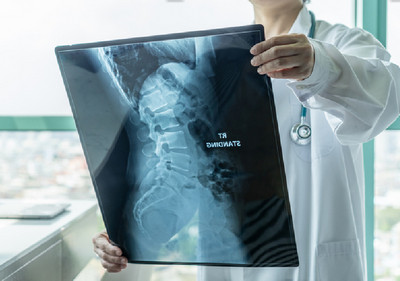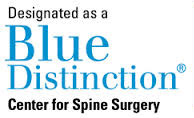I’ve heard that Infections Can Contribute to Back and Neck Pain. Is this true?
Yes. Infections can contribute to back and neck pain.
Though less common than other causes, certain infections can lead to inflammation and pain in the spine and surrounding tissues.
 Here are a few examples of different kinds of infections that can affect the spine:
Here are a few examples of different kinds of infections that can affect the spine:
- Spinal Infections (Osteomyelitis): Osteomyelitis is an infection of the bones of the spine that can cause severe back pain. It can result from bacterial or fungal infections and often requires medical treatment, including antibiotics or antifungal medications.
- Discitis is an infection of the intervertebral discs between the vertebrae. It can cause significant pain and stiffness in the back and neck and can occur in conjunction with osteomyelitis.
- Epidural Abscess: An abscess in the epidural space around the spinal cord can compress the spinal cord and nerves, leading to pain, neurological symptoms, and potentially permanent damage if not treated promptly.
- Meningitis: An infection of the protective membranes covering the brain and spinal cord (meninges) can cause neck stiffness and pain, along with other symptoms like headache, fever, and sensitivity to light.
- Tuberculosis (TB) of the Spine (Pott’s Disease): TB can spread to the spine and cause severe back pain, deformity, and neurological deficits if not treated properly.
- Lyme Disease: This tick-borne illness can cause musculoskeletal pain, including back and neck pain, due to inflammation caused by the infection.
If you have an infection that might be causing back or neck pain, it is very important that you get expert medical attention quickly. If not treated adequately, infections can lead to serious complications.
Diagnosis often involves a combination of physical examination, imaging studies (like MRI or CT scans), and laboratory tests to identify the causative organism. Treatment typically includes antibiotics or antifungal medications and, in some cases, surgical intervention to drain abscesses or stabilize the spine.
